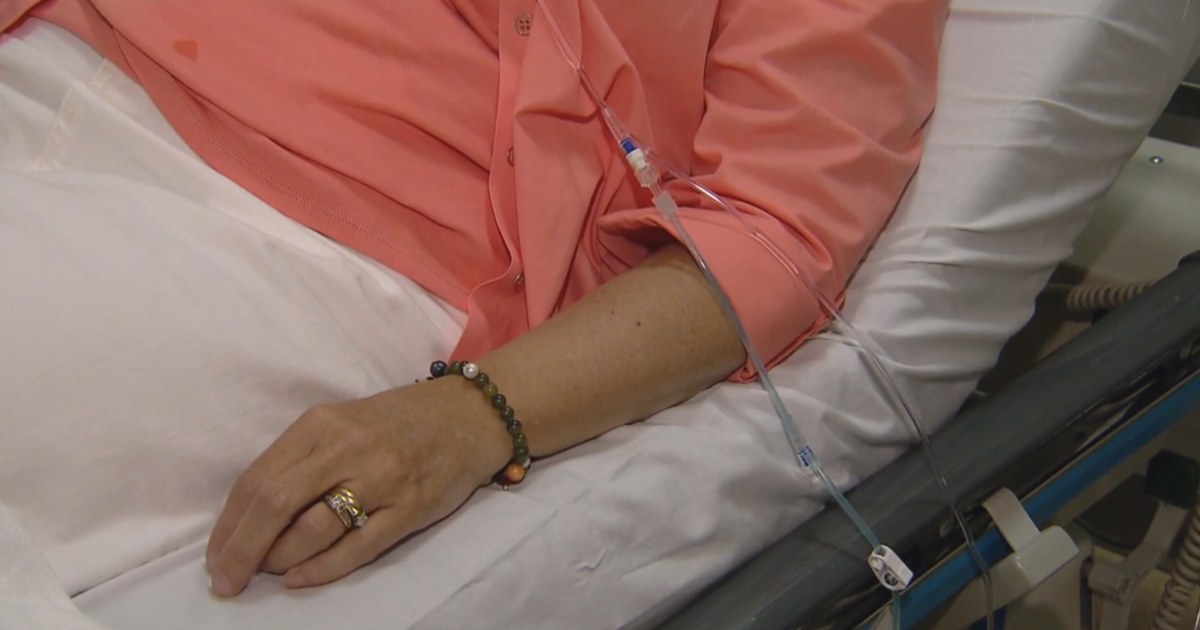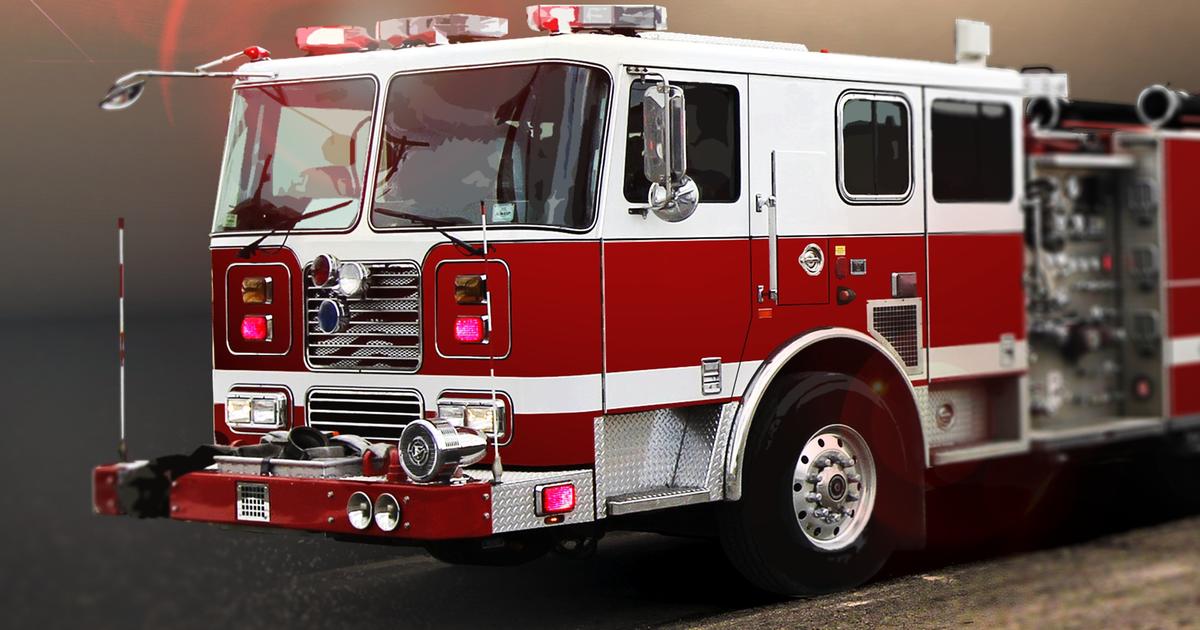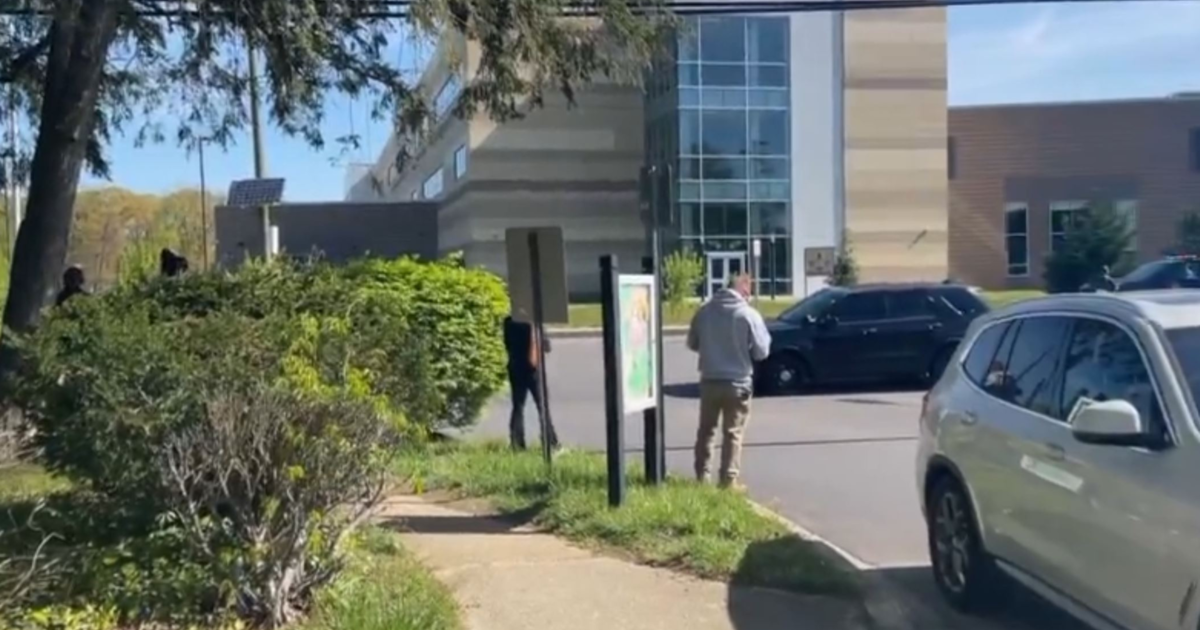UMMC sports cardiologist describes possible cause of cardiac arrest to Bills' player during football game
BALTIMORE -- A scary incident on national television on Monday put sports safety at the forefront of discussions.
Buffalo Bills safety Damar Hamlin suffered a cardiac arrest after making a tackle against the Cincinnati Bengals in Cincinnati.
According to NFL officials, medical personnel had to use a defibrillator and CPR to resuscitate Hamlin, who remains in critical condition at a hospital.
Dr. Scott Jerome, a sports cardiologist at the University of Maryland Medical Center, told WJZ that Hamlin's injury appears to be a result of a sudden, direct hit at just the wrong time.
"What we think happens is the hit to the chest is of such force, and at the right timing, it causes that heart rhythm problem that it causes the heart to stop beating," Dr. Jerome said.
Dr. Jerome said there is a small window of time, 20 milliseconds, most vulnerable, between heartbeats.
Only a few dozen cases of "commotio cordis," as it's called, are reported each year.
"Your heart's beating, you have enough energy and blood to the brain to stand up and then, all of a sudden, the heart just stops," Dr. Jerome said.
"The longer that the heart and the rest of the body are without oxygen, the worse the outcome," said Dr. Lawrence Phillips, medical director of Outpatient Cardiology at NYU Langone Health.
Doctors say resuscitation within three minutes is critical.
After that, survivor chances are low.
Dr. Jerome said quick CPR and that defibrillator may have saved Hamlin's life.
"The shock is the critical thing," Dr. Jerome said. "If you can get that done in the first three minutes, the chances of recovery and full brain recovery and oxygen to the brain is really quite good."
Dr. Jerome told WJZ, while incredibly rare, this injury is actually seen more in youth sports.
"It's seen in Little League, hockey, lacrosse, where you get a small, direct hit to the chest," Dr. Jerome said.
Children are more at risk for "commotio cordis" because they have less body mass, Dr. Jerome told WJZ.
Here in Maryland, AEDs are required in every high school and sporting event.




